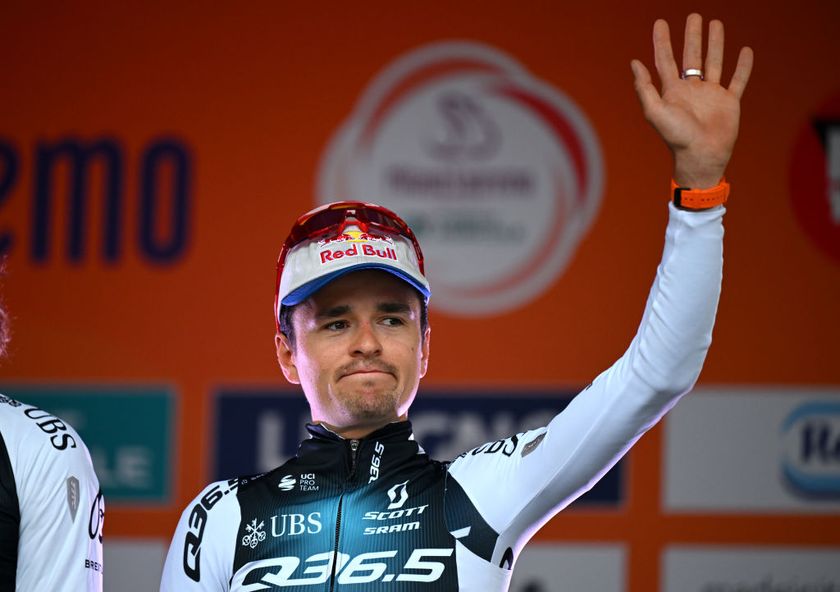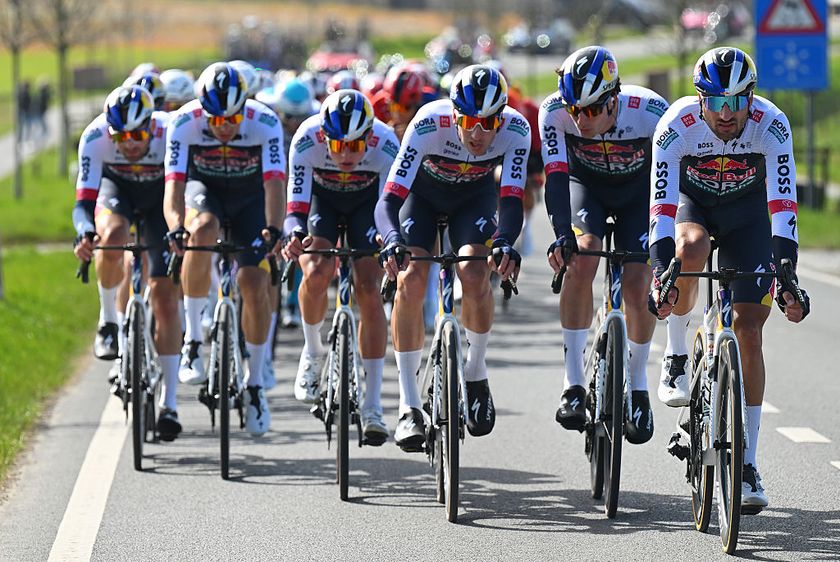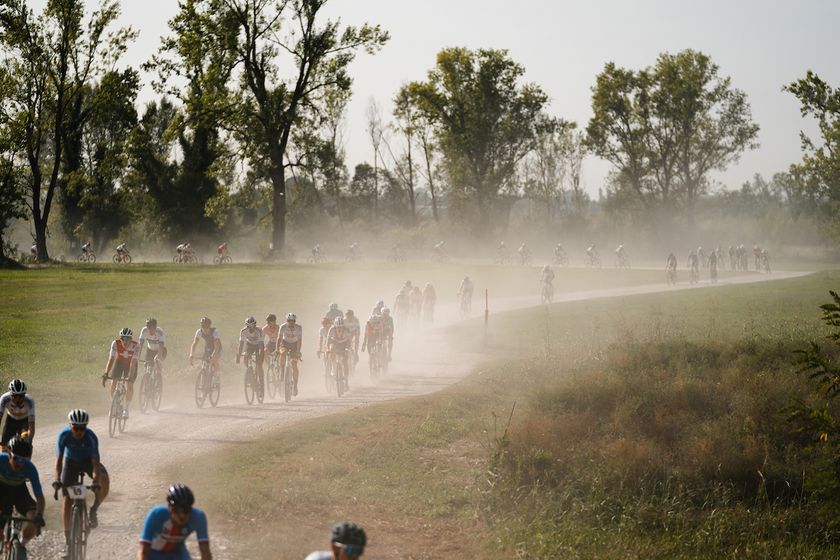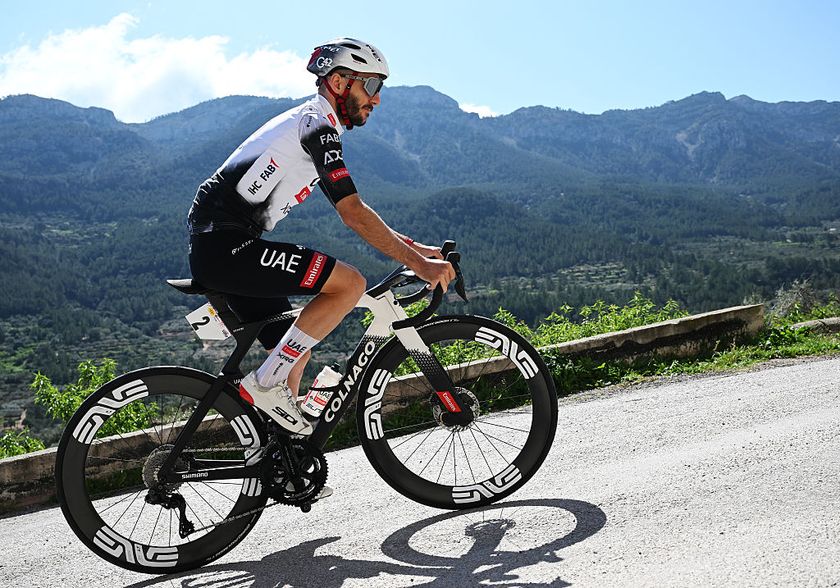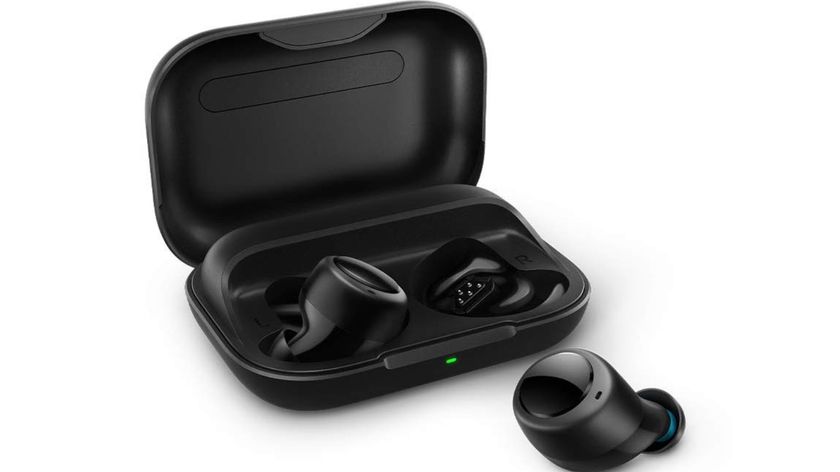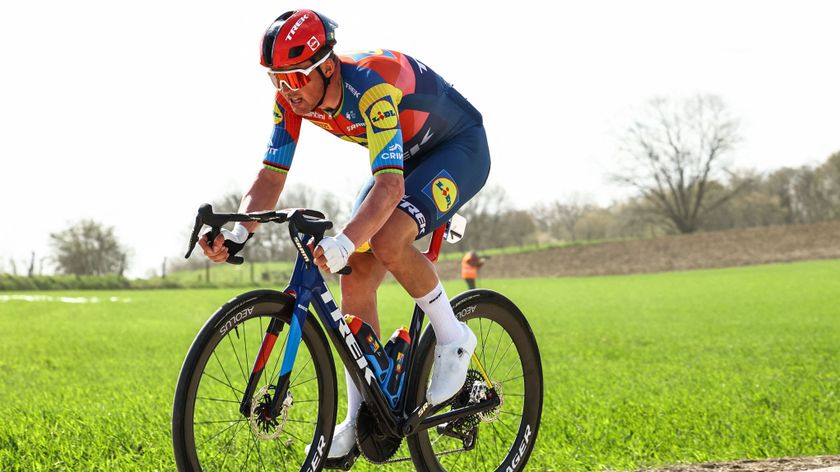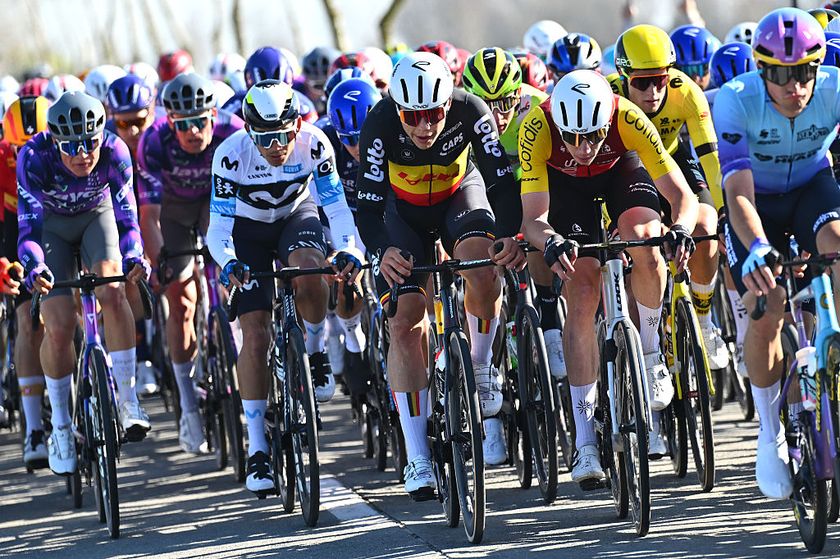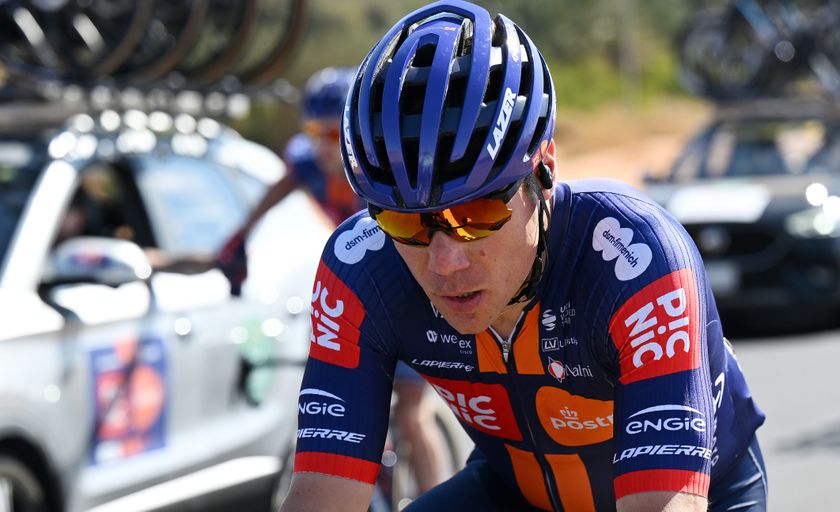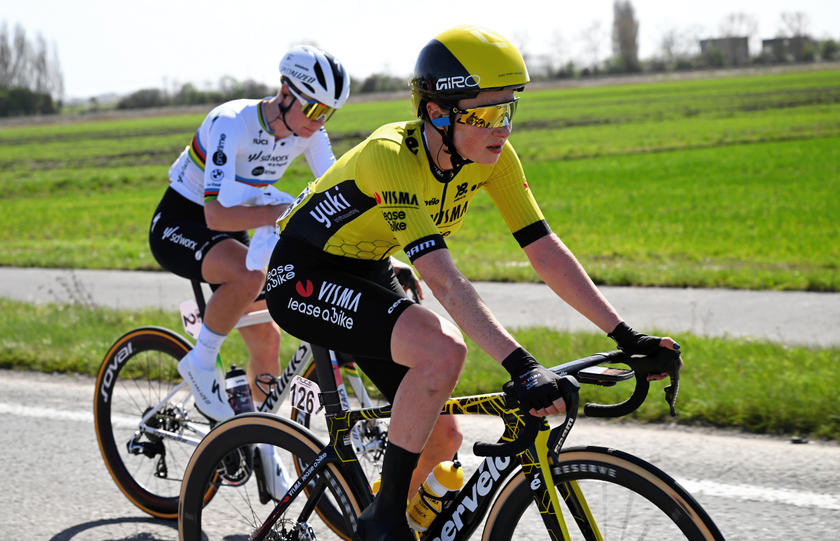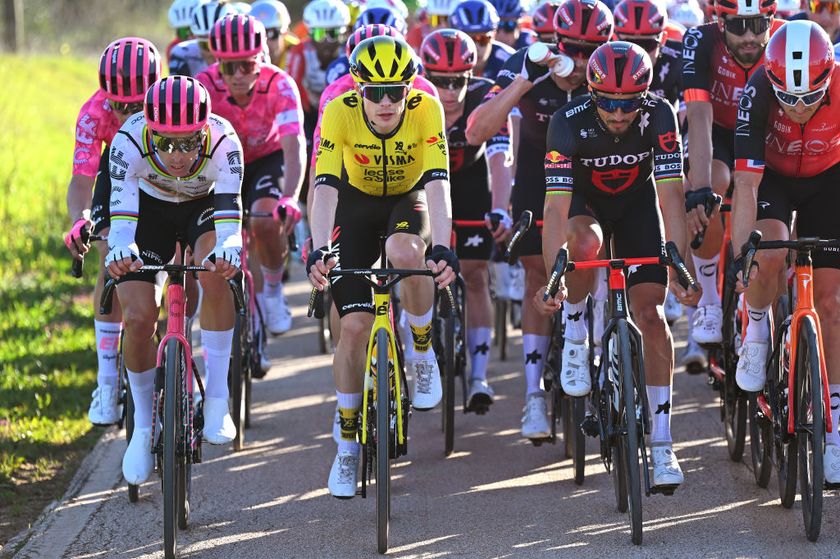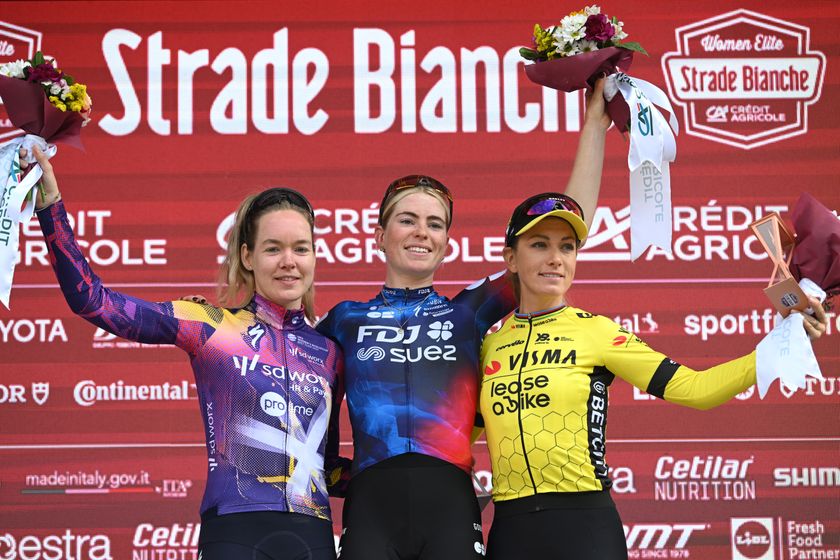Chris Froome: Remco has what it takes to win the Vuelta a España
Former double-winner of Spanish Grand Tour doubts that Sierra Nevada will decide race
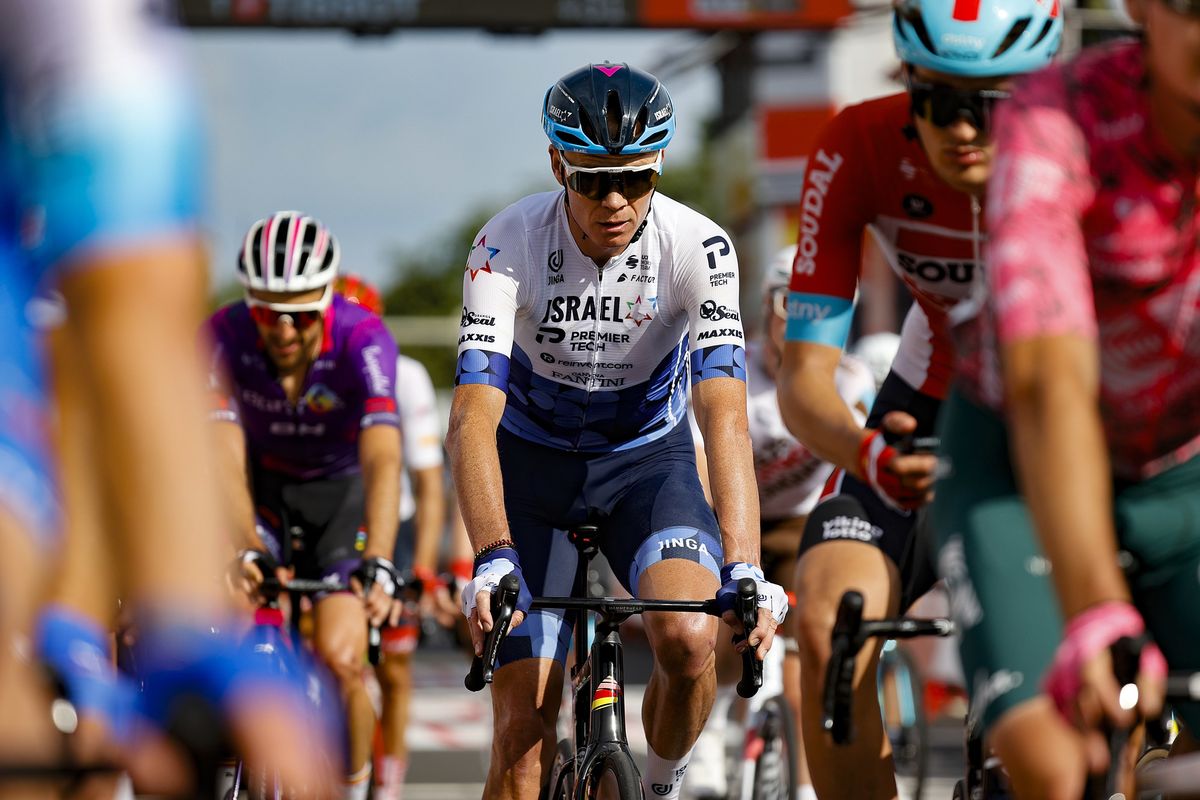
While Chris Froome quietly but steadily continues to build his form in the Vuelta a España, the former double-winner of the race is a ringside witness, too, of how Remco Evenepoel (QuickStep-AlphaVinyl) is moving steadily forwards in his battle to become Belgium’s first Vuelta winner in over 30 years.
Back in 2017, in a very similar Sierra Nevada stage to this Sunday’s interminable ascent to the Andalusian ski station, Froome took a key step towards overall victory by preventing his rivals from gaining time. However, the really decisive blow to the opposition's hopes was inflicted by the Briton in a time trial in Navarre the following Tuesday.
This year, just as happened in 2017, Froome does not feel Sierra Nevada will play a decisive a role, arguing that when it comes to the mountains, the GC battle in general, culminating in Evenepoel's rise to power, has already been played out in large part on the steeper, earlier climbs of the race.
Recollecting how he lost a Vuelta in 2016 on the stage to Formigal when he was caught out by an early ambush by Nairo Quintana and Alberto Contador, Froome warns that Evenepoel’s loss of teammates like Julian Alaphilippe and Pieter Sierry could make him vulnerable in similar situations.
But other than that, he says, “I don’t see any flaws. He’s yet to prove himself over three weeks, but he’s certainly got what it takes.”
“I’m gradually feeling a bit better,” the Israel-Premier Tech pro told Cyclingnews at the start of stage 13. “Obviously the first week was brutal for everyone I think, but coming off the back of struggling with COVID, that first week was really difficult for me. Now. though, I feel like I’m getting back into myself a little bit more now.
“Let’s see once we get properly into the last week of the race how the legs are feeling, and if I’ll be able to go for a mountain stage in a breakaway.”
Get The Leadout Newsletter
The latest race content, interviews, features, reviews and expert buying guides, direct to your inbox!
As for the mountain stages coming up this weekend and the much-anticipated ascent to Sierra Nevada, when asked if it could decide the race, “Honestly, not necessarily,” Froome said.
“The GC has been exploding pretty heavily already with a lot of the steep climbs we’ve had. Sierra Nevada will be raced slightly more defensively, in my opinion.
“It’s not quite as steep as the climbs we’ve already had in this race, and it’s a climb where it's probably easier for a guy like Remco to control and ride more defensively than on gradients of more than 15 per cent, for example.”
One of the most experienced foreign participants in the Vuelta, since his first participation in 2011, in his eight participations Froome has twice won the Vuelta, taken two second places, a fourth place once, and had his fair share of mishaps in the race as well. And although he does not see it as game over for Remco’s rivals in the Vuelta, he says the GC tide is flowing very strongly in Evenepoel’s favour.
“Assuming there are no dramas, it’s his to lose,” Froome added. “You saw on Thursday how easily a crash can happen, specially on these slippery roads. But barring anything like that, I think he’s got this. He’s been the strongest guy in the race, both on the climbs and in the time trials, too.”
Froome added that one of the few potential chinks in Evenepoel’s armour was that “he’s a few teammates down, now.” But it was only a potential problem.
“That could have an effect if we had a crosswind stage or a situation like when I was caught out in Formigal a few years ago. If something like that happens, and if he needed teammates to react, that could be his only weakness.
“But at the moment I don’t see any flaws. He hasn’t proven himself over three weeks yet, but he’s certainly got what it takes.”
As for Froome after September 11 and Madrid, he could do “the Cro Race and one or two Italian races, but it’s not yet decided.”
Meantime although his form is improving he has not marked any of the third week stages with a cross a being potentially good for him.
"Not at the moment. Having been so affected going into the race, I’m just looking for good feelings. Once those good feelings are back, I’ll be able to look for a target.”
Alasdair Fotheringham has been reporting on cycling since 1991. He has covered every Tour de France since 1992 bar one, as well as numerous other bike races of all shapes and sizes, ranging from the Olympic Games in 2008 to the now sadly defunct Subida a Urkiola hill climb in Spain. As well as working for Cyclingnews, he has also written for The Independent, The Guardian, ProCycling, The Express and Reuters.

